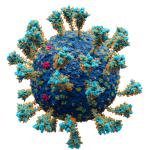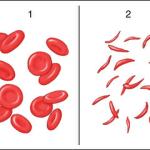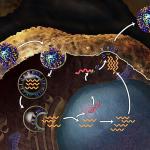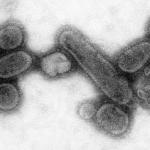Vaccine expert Dr. Paul Offit joins Cameron English and Dr. Chuck Dinerstein on Episode 67 of the Science Dispatch podcast to answers these questions and discuss his new book:
vaccines
During my lifetime, there have been several seminal breakthroughs in medicine that greatly changed our ability to prevent or treat disease. Part 1, below, describes several of them. I have a good idea of what some of the next ones will be.
It is bad enough when unqualified pundits offer dumb opinions about science, but bad legislation can cause real damage.
Join host Cameron English, Dr. Chuck Dinerstein and Dr. Barbara Pfeffer Billauer as they break down these stories on Episode 52 of the Science Dispatch podcast:
Flu is the prototype of a respiratory disease that requires repeated – yearly - vaccination to prevent infection.
Over the past several years, the medical community has learned, to its dismay, that we can experience a “twin-demic” of winter infectious diseases – simultaneous COVID-19 and flu outbreaks resulting in intense stresses on healthcare delivery.












